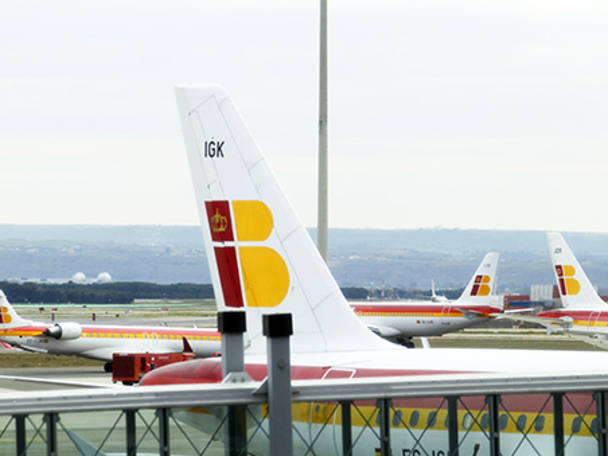The market's reaction to a buoyant set of numbers from International Consolidated Airlines Group (IAG) was curious. The group posted a 65 per cent rise in adjusted operating profit to €2.3bn (£1.8bn) - which excludes the impact of purchasing Aer Lingus - yet the shares dropped 4 per cent, making it the second biggest faller on the FTSE 100 on the day. One explanation could be a 3.7 per cent fall in passenger unit revenue on a constant currency basis (also ex-Aer Lingus), with 1 percentage point attributed to the impact of the Paris terrorist attacks. But this was more than covered by a 3.9 per cent fall in non-fuel unit costs. Add in the lower oil price, and costs were even lower.
The group also announced a final dividend, following the interim announced in October - the first payouts since British Airways and Iberia merged to create IAG in 2011. That's particularly remarkable considering neither British Airways nor Iberia had paid a dividend to their respective shareholders since 2008.



